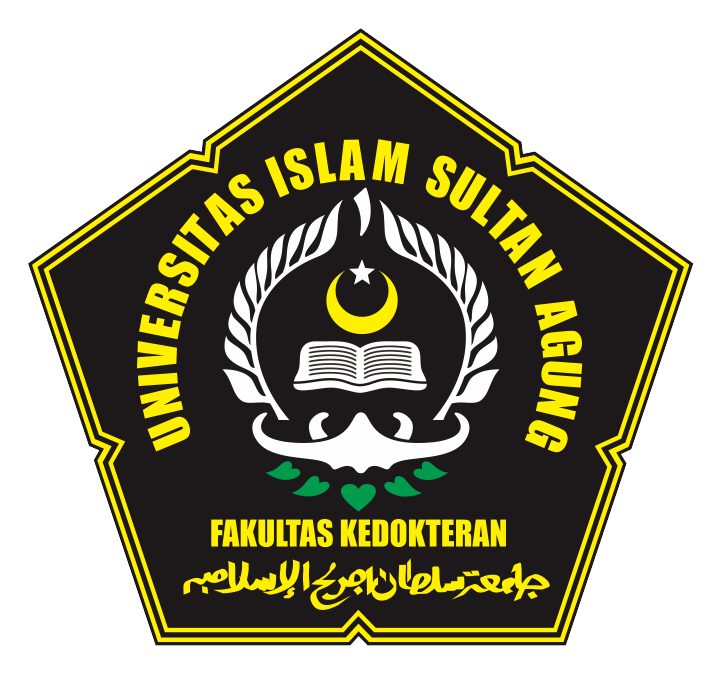Supp. File(s): Research Instrument
Prodi Bisnis Manajemen Retail; Universitas Ngudi Waluyo - Indonesia
ORCID: https://orcid.org/0009-0003-9847-7391
Profile:
https://orcid.org/0009-0003-9847-7391
Fakultas Ekonomi Hukum dan Humaniora
Universitas Ngudi Waluyo

